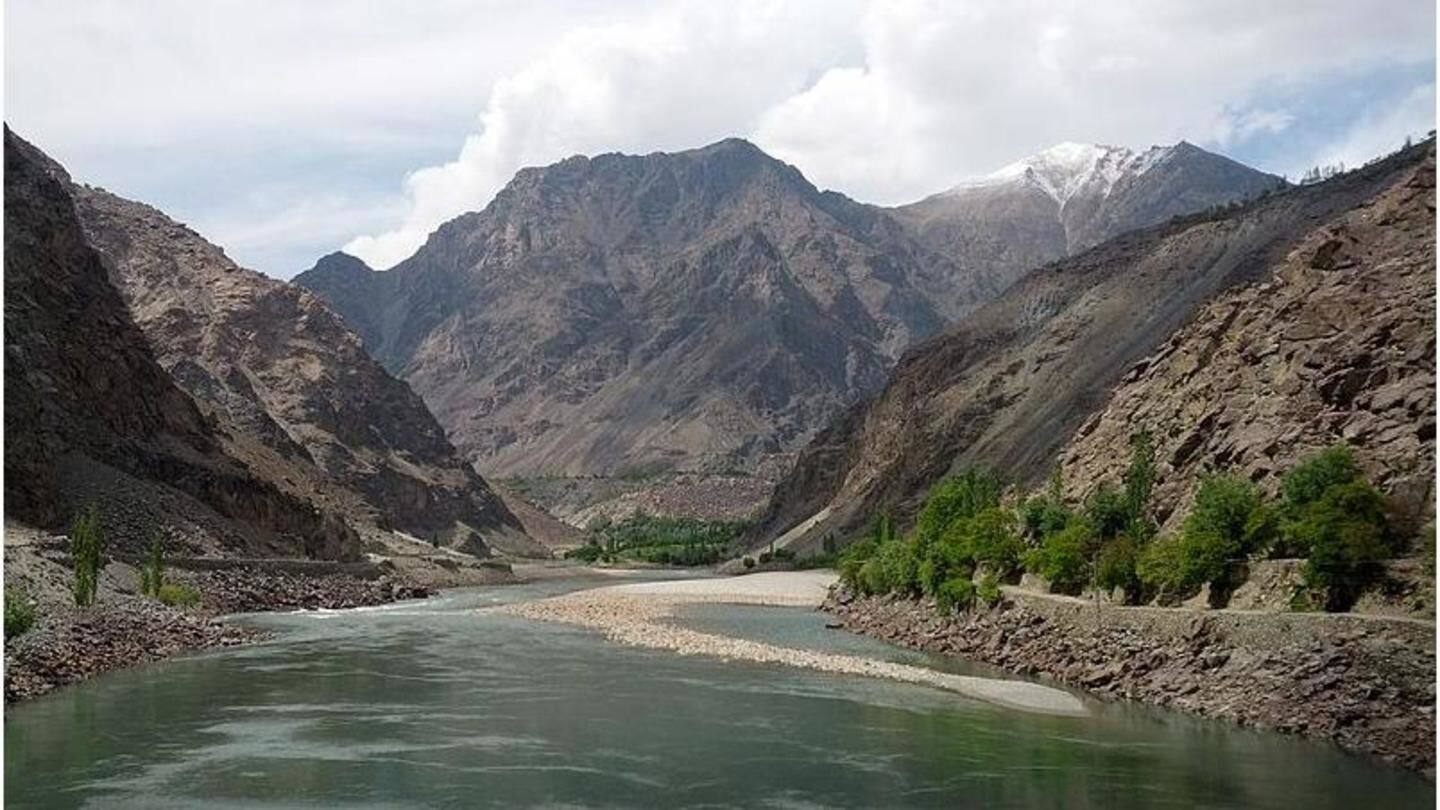
India, Pakistan spar over Indus Waters Treaty at World Bank
What's the story
A Pakistani delegation raised the issue of India's alleged violation of the Indus Waters Treaty with the World Bank yesterday, officials said.
It claimed that the project on a river flowing into Pakistan will disrupt water supplies.
Yesterday's meeting took place days after Prime Minister Narendra Modi inaugurated the 330 MW Kishanganga hydroelectric project in Jammu and Kashmir.
Details
India says project lies within parameters of treaty
Islamabad had raised objections over the design of the hydel project, saying it is not in line with the criteria laid down under the Indus Waters Treaty between the two countries.
India, however, says the project design was quite in line within parameters of the treaty.
The discussions are scheduled to continue today.
The Pakistani delegation is led by Attorney General Ashtar Ausaf Ali.
Information
Kishanganga project foresees generation of 1713mn units per annum
The project, located at Bandipore in North Kashmir, envisages diversion of water of Kishanganga river to an underground powerhouse through a 23.25-km-long head race tunnel to generate 1713 million units per annum. Pakistan is also building a 969 MW Neelum-Jhelum hydroelectric project downstream.
2013 decision
International Court of arbitration allowed construction of project in 2013
The International Court of Arbitration allowed India in 2013 to proceed with the construction of the project in North Kashmir and upheld India's right under the Indus Waters Treaty to divert waters from the Kishanganga for power generation in J&K.
The court also decided that India shall release a minimum flow of nine cubic metres per second into the Kishanganga river at all times.
The World Bank
The World Bank speaks
"The Indus Waters Treaty is a profoundly important international agreement that provides an essential cooperative framework for India and Pakistan to address current and future challenges of effective water management to meet human needs and achieve development goals," a World Bank spokesperson said.
The spokesperson added that opportunities are being discussed in the meetings to seek an amicable resolution within the treaty.